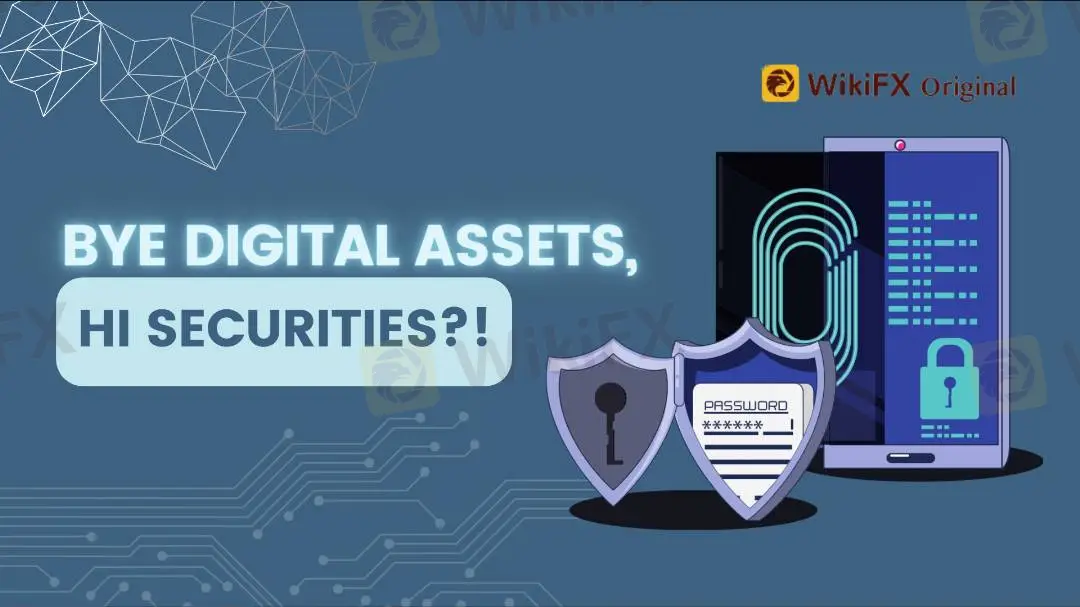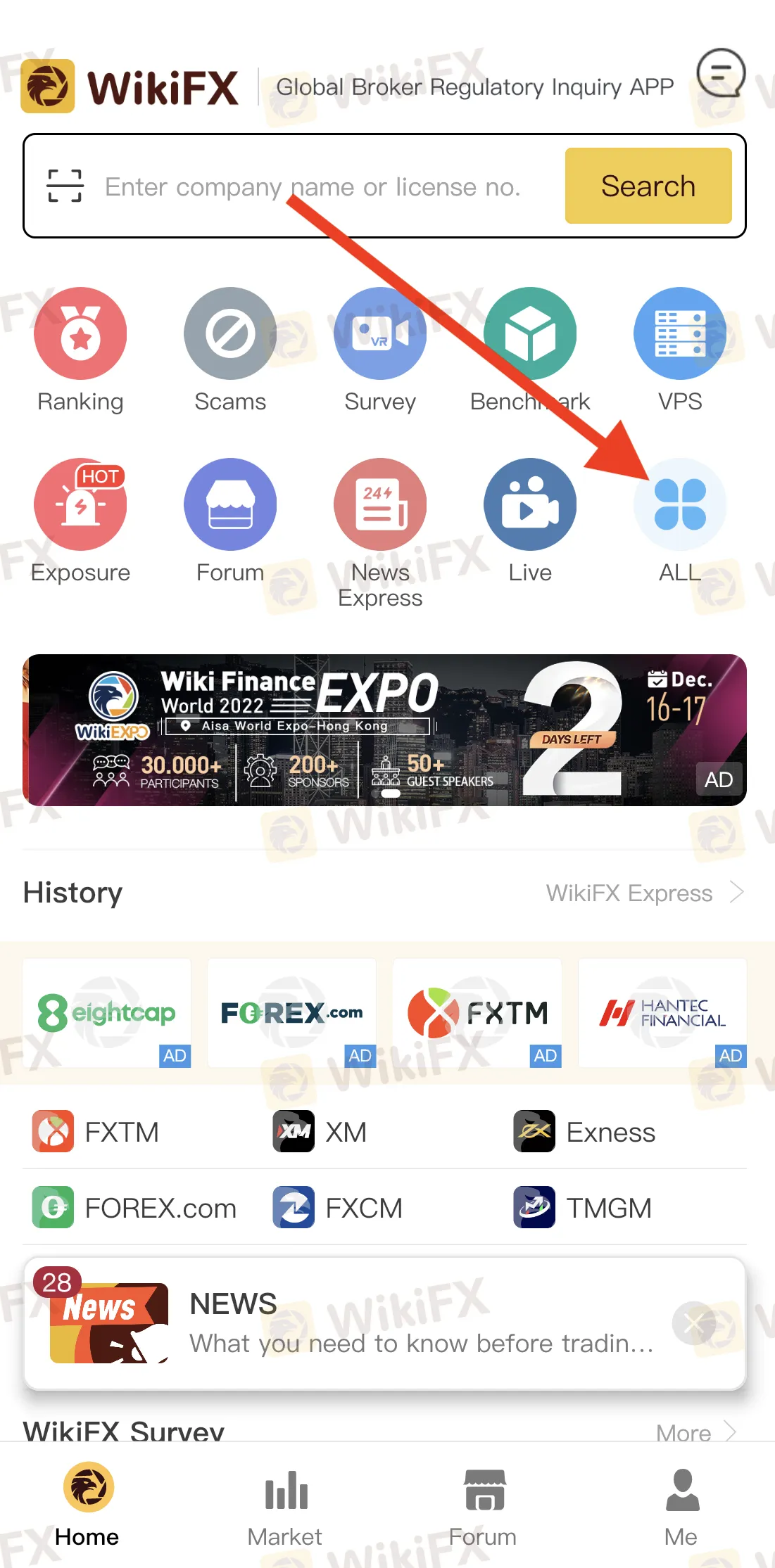简体中文
繁體中文
English
Pусский
日本語
ภาษาไทย
Tiếng Việt
Bahasa Indonesia
Español
हिन्दी
Filippiiniläinen
Français
Deutsch
Português
Türkçe
한국어
العربية
Bye Digital Assets, Hi Securities?!
Abstract:On December 13, Canada's provincial and territorial securities regulators, CSA, announced that it is forbidding all Canadian-based cryptocurrency trading companies to provide margin or leveraged trading services to any Canadian clients.

On December 13, Canada's provincial and territorial securities regulators, the Canadian Securities Administrators (CSA), released a statement that it has forbidden all Canadian-based cryptocurrency trading companies to provide margin or leveraged trading services to any Canadian clients. This also applies to foreign platforms offering services to Canadians residing within the country's border.
Furthermore, the CSA requires that Canadian cryptocurrency exchanges keep their custody assets separate from the platform's proprietary company.
Additionally, the CSA considers labelling stablecoins as securities and/or derivatives as it strengthens its oversight of the crypto industry. These refer to those cryptocurrencies pegged to fiat or other fundamentally stable and reliable assets.
eToro's co-founder, Ronen Assia, also sees an evident shift within retailers' preferences on his multi-asset trading platform, wherein individuals are cashing out from cryptocurrencies and opting for securities and bonds.
Therefore, it is sufficient to say that, at the moment, regulators worldwide are striving to strengthen their oversight of this seemingly shaky and risky cryptocurrency industry. In conjunction with this, let us take a look at what exactly CSA does do.
Aiming to enhance, coordinate, and harmonise the regulation of the Canadian capital markets, the Canadian Securities Administrators (CSA) is the umbrella body for Canada's provincial and territorial securities regulators.
It seeks to reach an agreement on policy choices that have an impact on the Canadian capital market and its players. Additionally, it seeks to cooperate in the execution of regulatory initiatives across Canada, such as the evaluation of continuous disclosure and prospectus filings. While provincial or territorial authorities in each jurisdiction address all complaints relating to securities infractions, the CSA coordinates initiatives on a national level. As a result, each regulator may offer a more direct and effective service to the local investors and market participants. Each province or territory also handles its own enforcement of securities laws respectively.
Here's a useful tip to utilise the free WikiFX app to the fullest. There is a function named “Regulatory Disclosure” where you can stay informed about the warnings and sanctions imposed by national regulators throughout the globe on concerning (forex) brokers.




WikiFX is a global forex broker regulatory query platform that holds verified information of over 40,000 forex brokers in collaboration with more than 30 national regulators, including CSA, ASIC, FCA and more.

Disclaimer:
The views in this article only represent the author's personal views, and do not constitute investment advice on this platform. This platform does not guarantee the accuracy, completeness and timeliness of the information in the article, and will not be liable for any loss caused by the use of or reliance on the information in the article.
Read more

RM650,000 Lost in Investment Fraud Advertised on Social Media
A Malaysian manager has suffered a devastating financial loss of RM651,800 after falling prey to a deceptive investment scheme via a Facebook advertisement that promised lucrative returns within a short timeframe.

Quantedge Capital Co. Limited: The Fake Platform Behind a RM703,000 Loss
A woman from Kuantan lost RM703,000 after falling for an investment scam linked to a platform called Quantedge Capital Co. Limited. The 47-year-old company manager believed she was investing in a legitimate opportunity shared with her through WhatsApp. Over the course of ten months, she transferred large sums of money but never received any returns.

Scam Alert: Retired Teacher Loses RM700,000 to Stocks Qs Secure
A 69-year-old retired teacher and part-time contractor has lost more than RM700,000 after falling victim to an online investment scam advertised on Google.

Will Stablecoin Legislation Force Tether to Abandon USDT in the U.S.
Tether CEO Paolo Ardoino discusses stablecoin legislation, USDT’s U.S. ban potential, and a new U.S.-compliant stablecoin amid regulatory shifts.
WikiFX Broker
Latest News
Global Panic Builds as Forex Shifts into Risk-Off Mode
SEC Fines Velox Clearing $500,000 for SAR Failures
Shocking! Oil Prices Plunge Below $60
BI Alerts Filipinos: Telegram, Facebook Used for Trafficking Scams
AUD/USD Hits New Lows as Panic Selling Unfolds Amid Robust U.S. Jobs Report
FCA Released New List of Unauthorized Brokers
How to protect your money during Black Monday
Singapore Authorities Warned Against WeChat, UnionPay, Alipay Impersonation Scams
Deepfake Scams Nearly Drain $499K from Business
The Rising Trend: Why Forex Brokers Are Investing in Sports?
Currency Calculator







